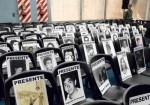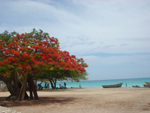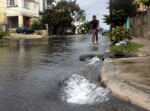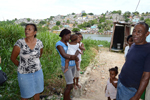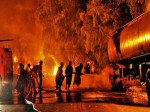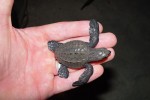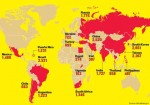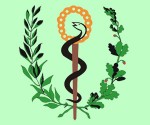Six Argentinian Ex-Military Repressors Sentenced to Life Imprisonment | Justicia argentina condena a represores
By Staff, UPI via The Argentina Independent | MSN Noticias. The Federal Court of Mar del Plata, Argentina, handed out convictions to 14 retired Argentine military and police officers. Six of these were life sentences to the retired officers, including former General Alfredo Arrillaga, for crimes against humanity during the last dictatorship.
Continue reading →
